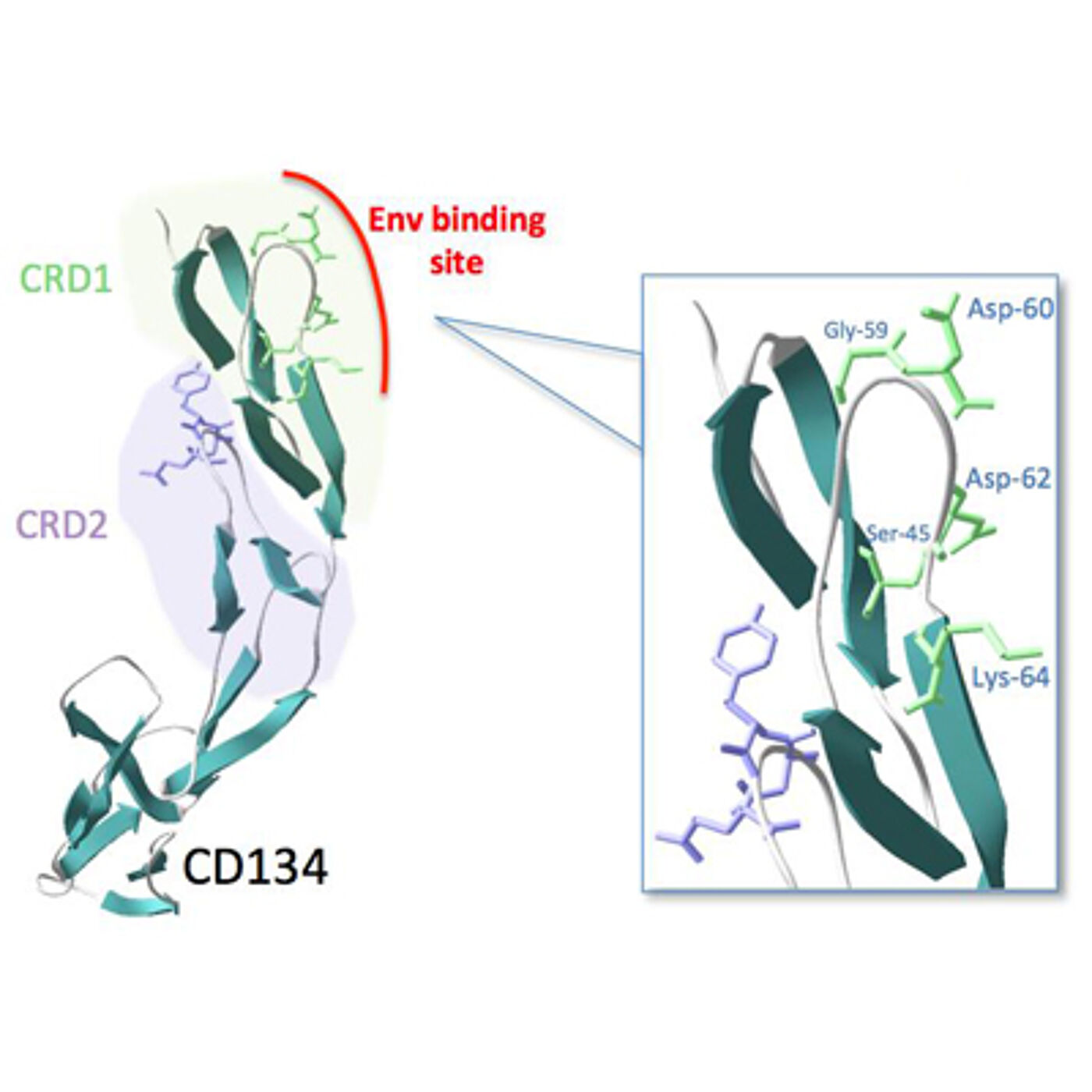Feline immunodeficiency virus
Feline immunodeficiency virus (FIV) is a lentivirus that attacks the immune system of the domestic cat, inducing clinical signs of immunodeficiency. Infection can lead to other infections or lymphomas. Studies of immunodeficiency in natural infection has shown that in some cats the clinical signs are mild, which likely reflects differences amongst circulating strains as well as host factors. Many FIV-infected cats have an apparently normal life expectancy, while others develop signs similar to those of human AIDS patients.
CVR researchers are investigating immunity to FIV infection and the use of surrogate markers to provide an objective measure of disease progression in infected cats. They have shown that the type of virus (phenotype) circulating in infected cats switches with the onset of immunodeficiency, indicating that viral "phenotyping" could assist with identifying the stage of infection in cats diagnosed with FIV. Knowledge of the phenotypes that are transmitted and dominate in early infection may inform the design of more efficacious FIV vaccines.
Contact: Brian Willett, Margaret Hosie
[Top]

CD134, the cellular receptor of immune cells to which FIV binds

